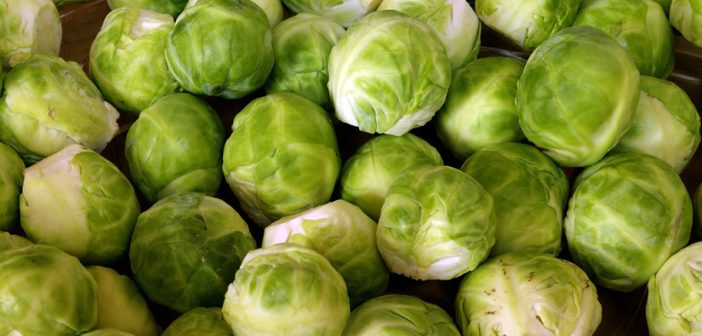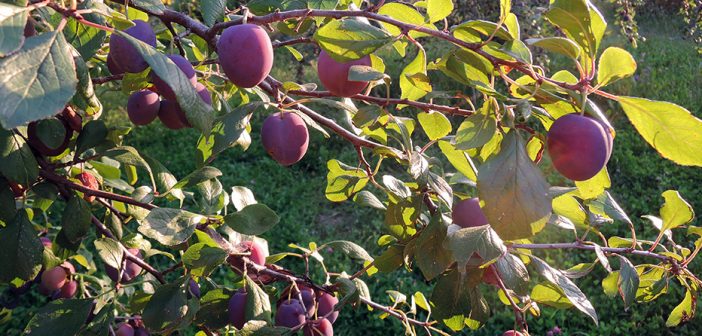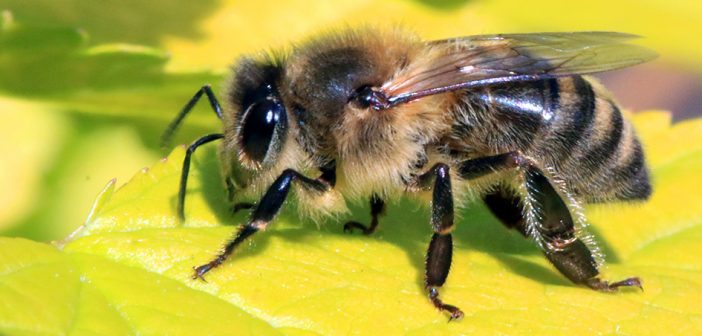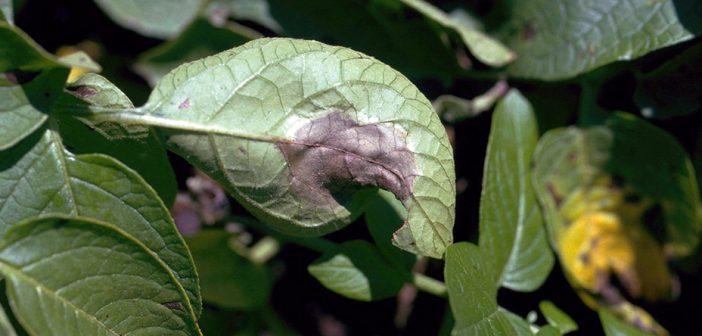Long term efforts to reduce the carbon footprint of Dutch horticulture, together with the recent global shortage of industrial carbon dioxide have created an unexpected problem for Dutch greenhouse growers: a shortage of CO2 for atmosphere enrichment.
In fact, the situation has got so severe that tomato supplier Prominent has written an open letter to the Dutch Minister of Agriculture, Nature and Food Quality Carola Schouten. Jacco Besuijen, Prominent’s energy manager cited a recent report suggesting that The Netherlands hopes to save 2.2 million tonnes of greenhouse gas by 2030 and be climate neutral by 2040.
‘Prominent growers are sounding the alarm because they had to contend with major shortages of external CO2 in the past year,” said Besuijen in the letter. ‘For example, our Prominent growers, with a total of 418ha of tomatoes under glass, have been able to apply 5,016 tonnes less of external CO2 in the past six months due to shortages.’
One solution is for the industry to take more waste CO2 from industry. In fact a new pipeline to take CO2 from companies such as Shell Pernis to local greenhouses is currently under construction by OCAP in the PrimA4a development region.
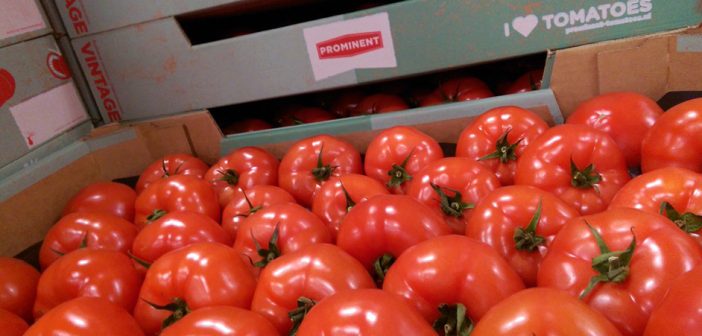
Photo Caption: Tomato supplier Prominent is warning its growers are short of CO2.
The post Shortage of CO2 for Dutch greenhouses appeared first on Hort News
